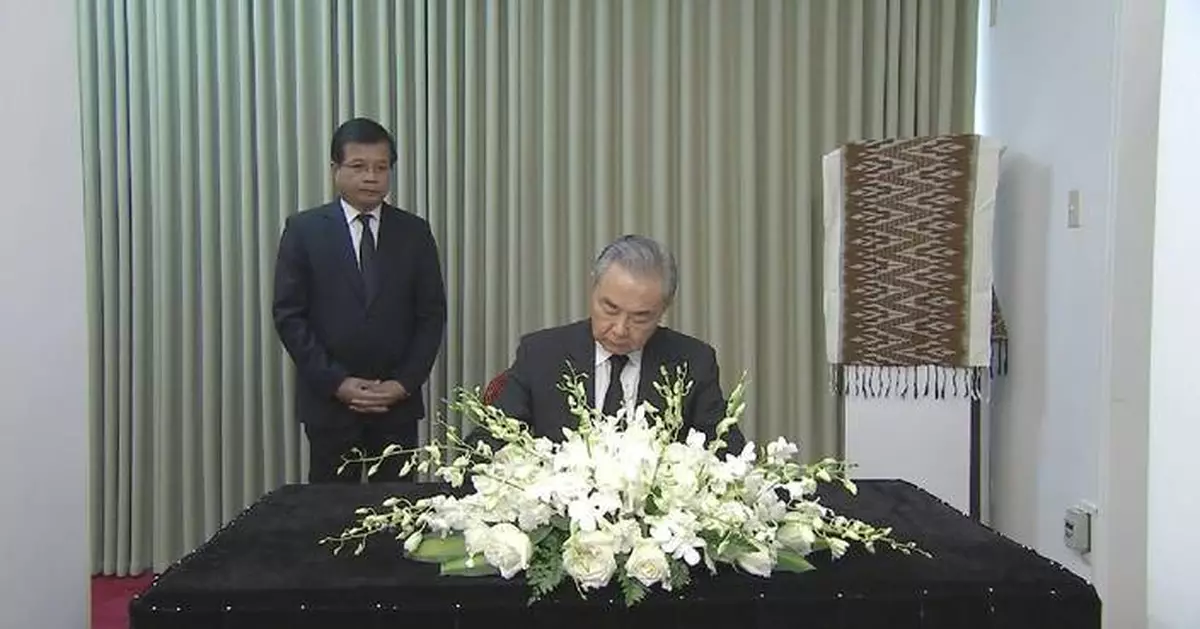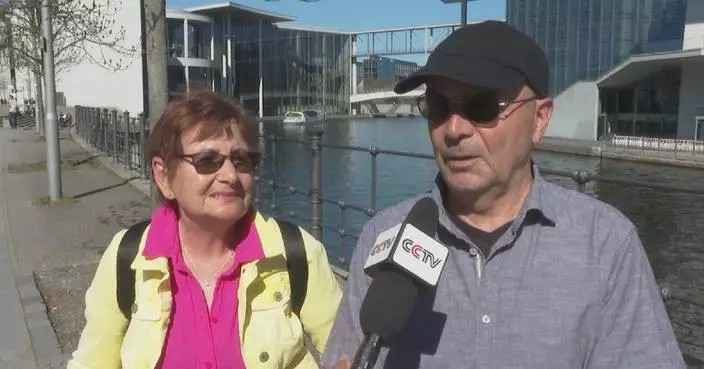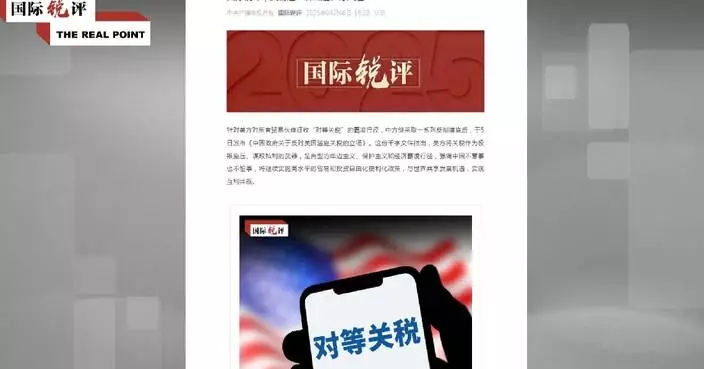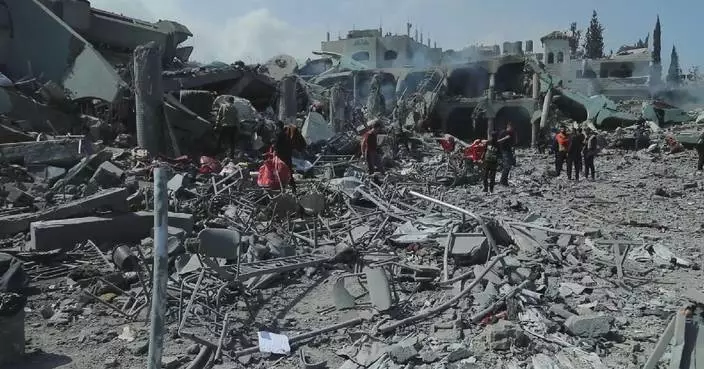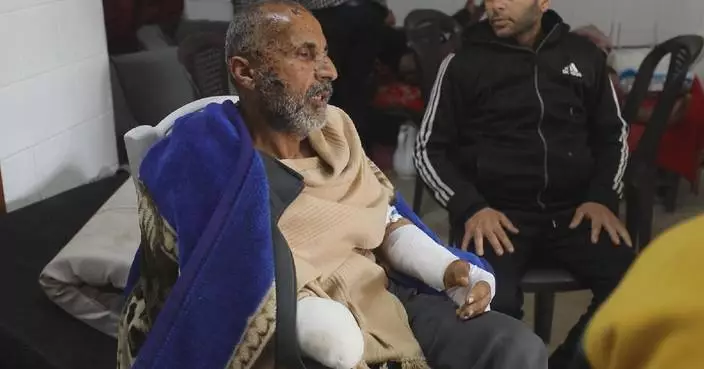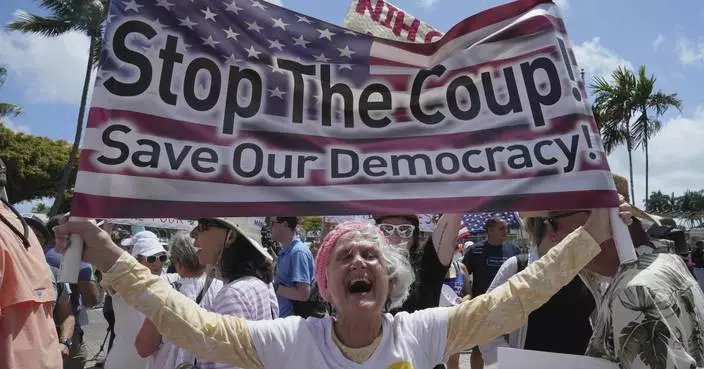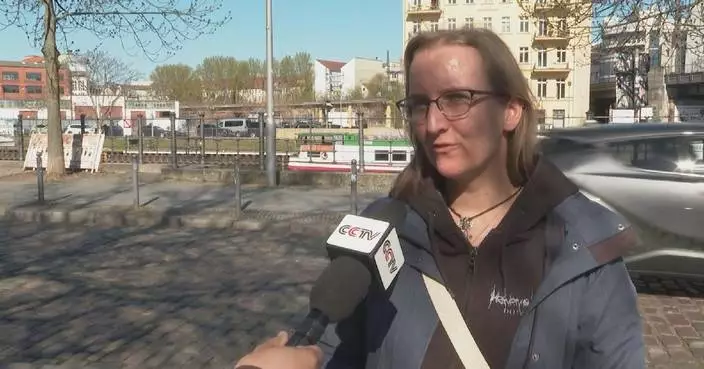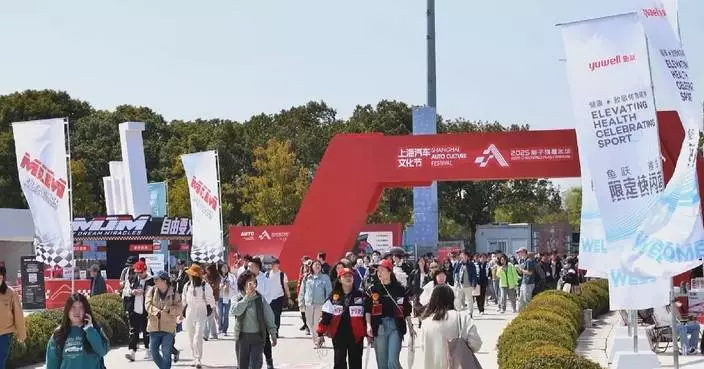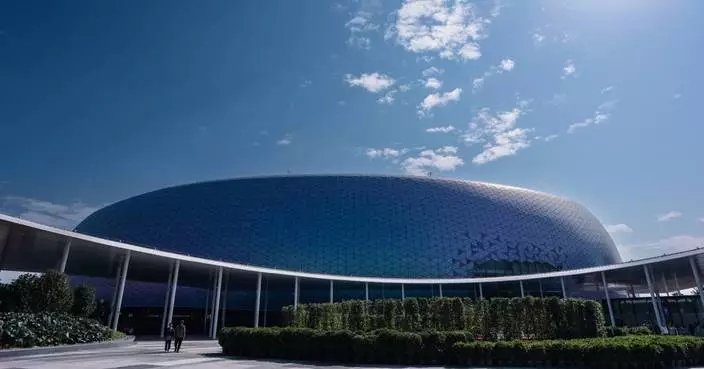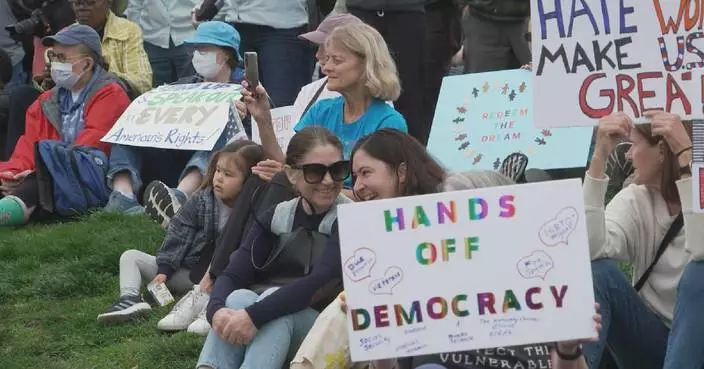Wang Yi, a member of the Political Bureau of the Communist Party of China (CPC) Central Committee, went to the Lao Embassy in China on Thursday to mourn the passing of Khamtay Siphandone, former Lao president and former chairman of the Lao People's Revolutionary Party (LPRP).
Wang, also director of the Office of the Foreign Affairs Commission of the CPC Central Committee, wrote a message in the condolence book.
Wang said that Chinese President Xi Jinping on Wednesday sent a message to Lao President Thongloun Sisoulith, extending his deep condolences over the passing of former President Khamtay.
Comrade Khamtay was an outstanding leader of the older generation of the Lao party and state, who made significant contributions to the development of relations between the two parties and two countries, Wang said.
China stands ready to work with Laos to promote the steady development of the China-Laos community with a shared future under the guidance of the important consensus of the top leaders of both parties and nations, Wang said.
The Lao side expressed sincere thanks for Wang's condolence visit.
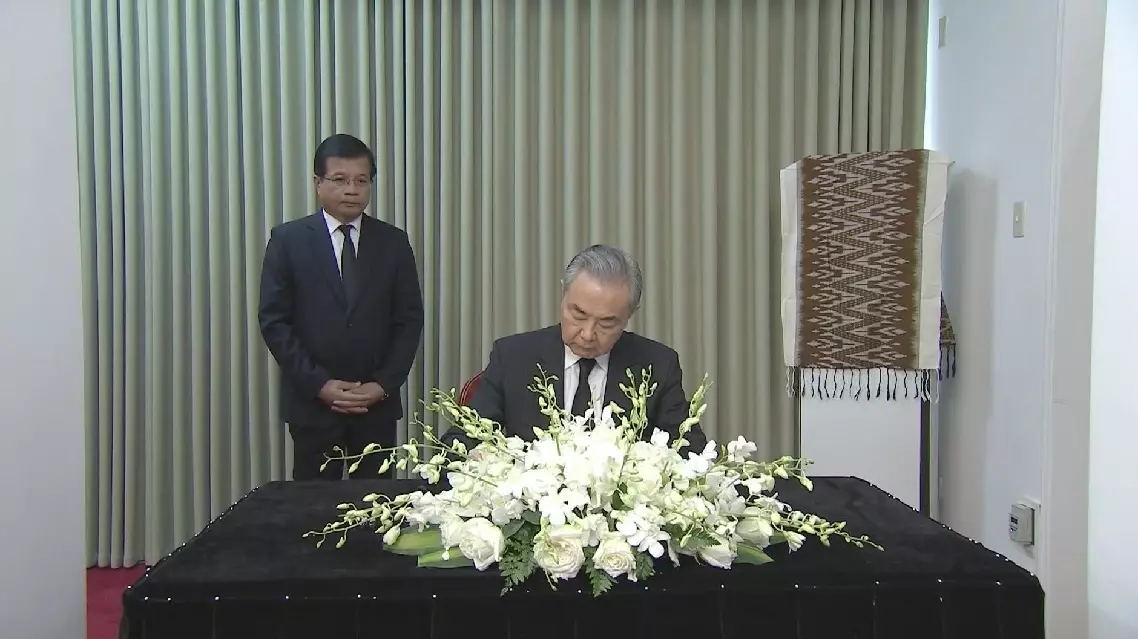
Senior CPC official mourns passing of Laos' former president
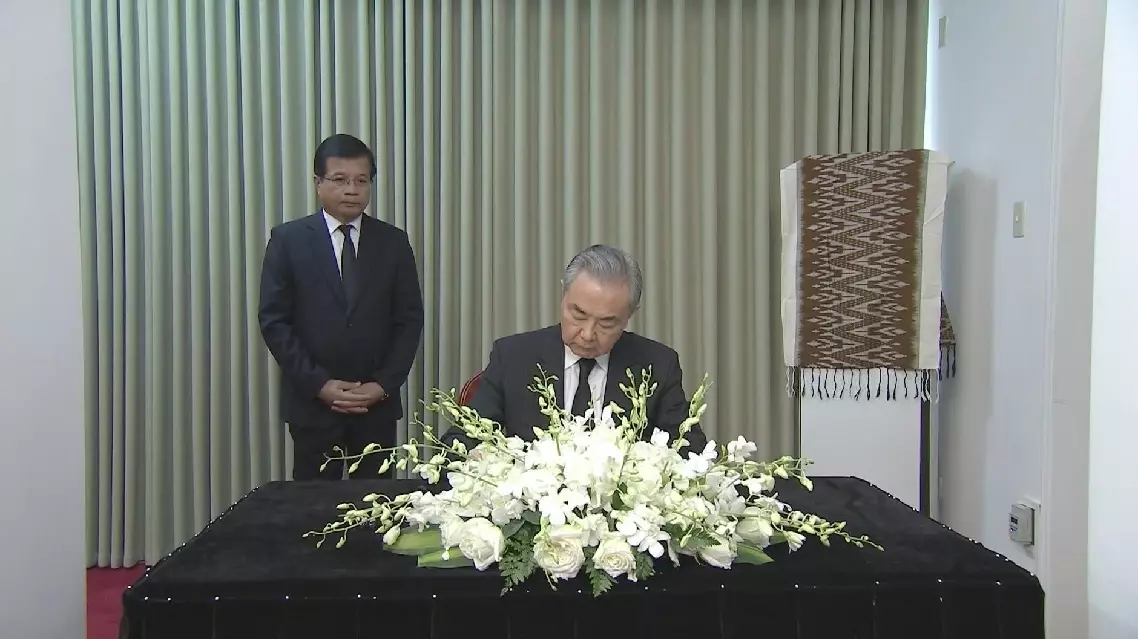
Senior CPC official mourns passing of Laos' former president
U.S. President Donald Trump's rollout of sweeping "reciprocal tariffs" may lead to global economic recession and will exacerbate inflation in the country, said a Spanish scholar.
Amid widespread opposition, Trump on Wednesday signed two executive orders, imposing a 10-percent "minimum baseline tariff" on all imported goods and higher rates on certain trading partners.
Felix Valdivieso, a professor at IE Business School, told China Central Television (CCTV) that following the imposition of the tariffs, all consumers in the world will feel the pinch.
"These measures will have global economic impacts and may even lead to a recession. Analysts at Moody's Ratings have pointed out that these tariffs will drive up prices. Price increases will directly affect consumers' personal income and spending power, as well as their purchasing power," Valdivieso said.
Spanish Prime Minister Pedro Sanchez on Thursday announced his government will implement a 14.1 billion euro plan to support the economy in the face of Trump's tariffs.
He called the tariffs a "unilateral attack", saying they will harm the interests of people and businesses in both the EU and the United States itself, an opinion shared by Valdivieso.
"In other words, the U.S. is trying to make money by imposing tariffs, which will also drive up prices of domestic products. According to estimates by American analysts, the price of each car in the U.S. will go up by about 1,000 to 2,000 U.S. dollars after the tariffs are imposed. With car exports to the U.S. blocked, there will be two consequences for Europe. One is that Europe will have to find other markets to sell cars. The other is that it will have to bear the consequences of the decline in car sales in some way, so it has to reduce car production lines and lay off employees," he said.
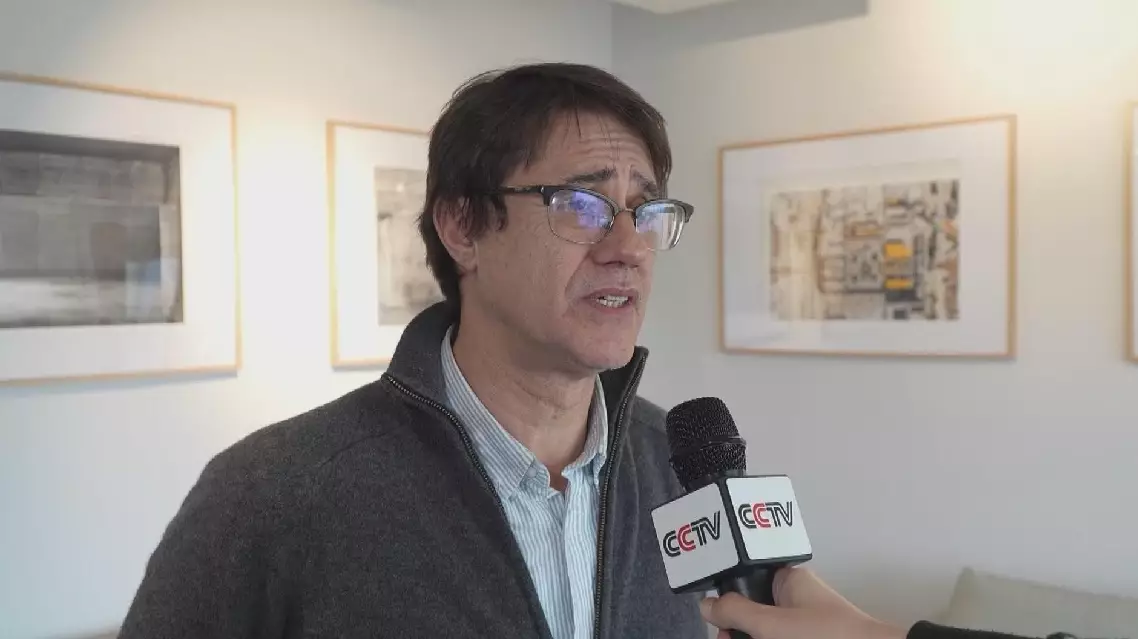
Trump's tariffs may lead to global recession, exacerbate US inflation: Spanish scholar




